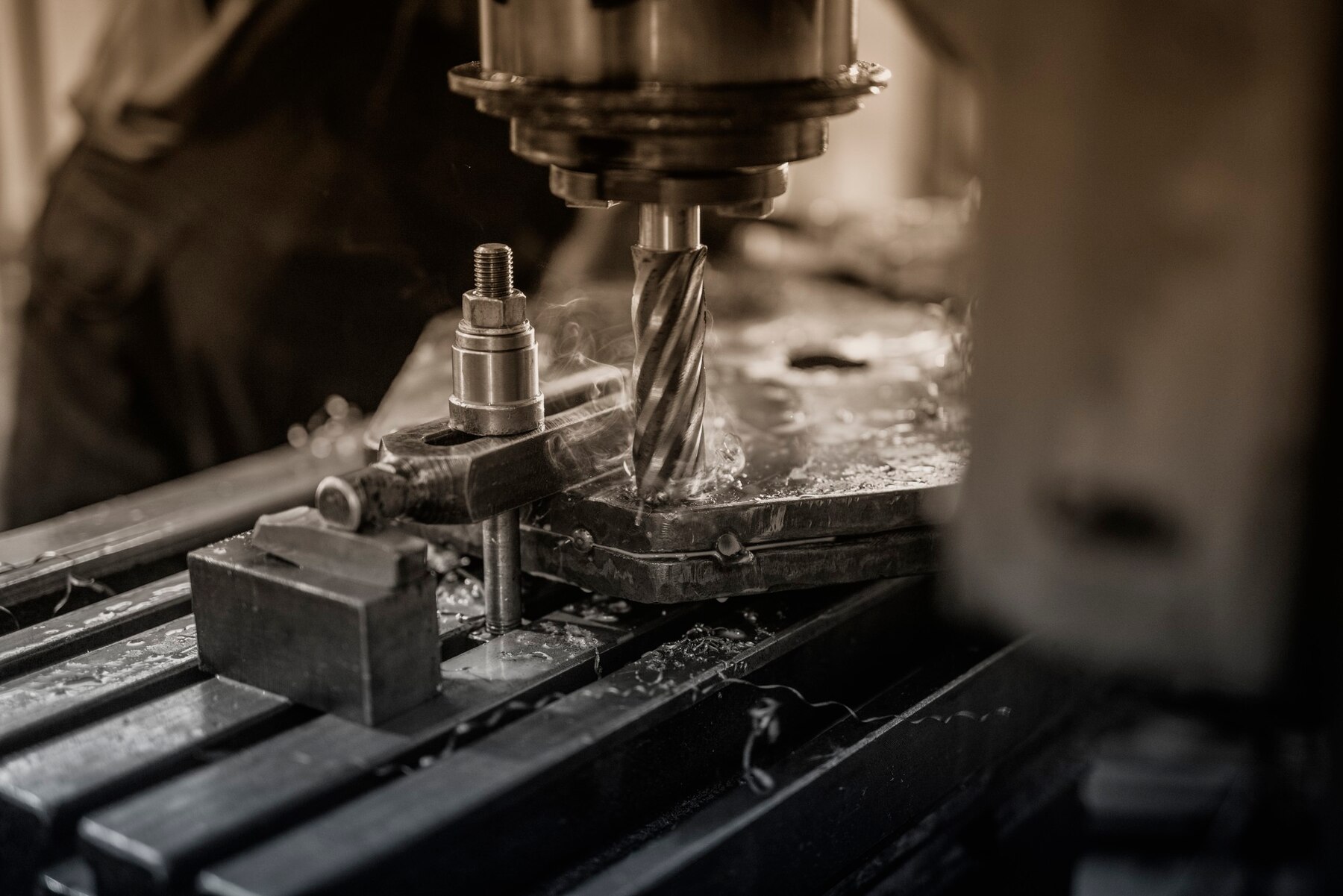CNC lathes are essential tools in modern manufacturing, allowing for precision and automation in turning operations. These machines are capable of creating complex parts with intricate shapes, ensuring high productivity and quality in industries such as aerospace, automotive, and metalworking. Whether you’re looking to upgrade your equipment or purchase your first CNC lathe, understanding the key features to look for can help you make an informed decision. In this article, we will discuss the critical characteristics of high-quality CNC lathes, including accuracy, versatility, durability, ease of use, and support for advanced technologies.
Precision and Accuracy
When it comes to CNC lathes, precision is paramount. The ability to produce high-precision parts with minimal tolerance is one of the primary reasons manufacturers invest in these machines. A high-quality CNC lathe should have a rigid construction and superior motion control systems that reduce errors during machining. The machine’s accuracy is often measured by its repeatability and how closely it can replicate the same cut or operation on different pieces.
To achieve precision, many high-end CNC lathes come with advanced feedback systems, including encoders and linear scales. These systems monitor the position of the tools and ensure that the lathe is consistently following the correct path. A CNC lathe with tight tolerance capabilities ensures that the parts produced meet exact specifications, making them suitable for industries where precision is non-negotiable, such as aerospace or medical device manufacturing.
Versatility and Flexibility
Another critical feature of high-quality CNC lathes is versatility. A machine that can perform a wide range of operations is more valuable to manufacturers who need to handle different types of projects. CNC lathes should not only be able to turn cylindrical shapes but also have the capacity for tasks like drilling, threading, milling, and grooving. Some advanced CNC lathes even support multi-axis capabilities, allowing them to perform complex operations in a single setup, reducing the need for multiple machines and setups.
Additionally, the flexibility of a CNC lathe extends to its ability to handle different materials. High-quality lathes are designed to process a variety of metals such as steel, aluminum, titanium, and even harder materials like exotic alloys or composites. Having a machine that can handle diverse materials without compromising on performance ensures that manufacturers can tackle a broad array of projects without investing in separate machines for each material type.
Durability and Build Quality
CNC lathes are significant investments, and their longevity and durability are critical considerations. A well-built machine should withstand the rigors of continuous use in a production environment without suffering from excessive wear or damage. High-quality CNC lathes are typically constructed from materials such as cast iron, which provides excellent vibration dampening and minimizes the risk of distortion during machining. This robust construction contributes to the machine’s longevity and its ability to maintain consistent accuracy over time.
The components that make up a CNC lathe, such as the bed, headstock, and tailstock, should be designed with durability in mind. Additionally, components like the spindle and tool holders should be high-grade and capable of handling heavy workloads. Manufacturers should look for CNC lathes with a reputation for durability and reliability, as this can significantly reduce maintenance costs and downtime in the long run. Investing in a durable machine ensures that production runs smoothly and that the lathe can perform effectively for many years.
Ease of Use and Operator Interface
While performance and durability are essential, a high-quality CNC lathe should also be easy to operate. The user interface plays a significant role in the ease of use. A well-designed control panel with an intuitive layout and a user-friendly touchscreen can make it easier for operators to program the machine and make adjustments during operations. Some CNC lathes are equipped with advanced control systems that feature conversational programming, which simplifies the programming process for users with varying levels of experience.
The ease of use also extends to the machine’s setup and maintenance. A CNC lathe with easy-to-access components and quick-change tooling systems can save valuable time during setup and reduce operator errors. Machines that require less operator intervention and are easier to set up also contribute to higher productivity and fewer operational interruptions. A high-quality CNC lathe should have features that streamline the user experience, making it both efficient and comfortable for operators to work with.
Support for Advanced Technologies and Automation
As manufacturing processes continue to evolve, CNC lathes that incorporate the latest technologies can provide manufacturers with a competitive edge. High-quality CNC lathes often support features such as automated tool changers, which can increase efficiency by reducing manual labor and minimizing downtime between tool changes. Additionally, modern CNC lathes may integrate with industry-standard automation systems, such as robotic arms or conveyor belts, allowing for fully automated production lines.
Advanced technologies such as real-time monitoring, data analytics, and IoT connectivity are becoming increasingly common in CNC lathes. These features allow for better machine performance tracking, predictive maintenance, and process optimization. With real-time data and analytics, manufacturers can optimize cutting conditions, reduce cycle times, and improve overall part quality. Support for advanced technologies ensures that a CNC lathe can adapt to future changes in manufacturing demands, keeping it relevant for many years to come.
Conclusion
Investing in a high-quality CNC lathe can be a game-changer for manufacturers looking to enhance their machining operations. When choosing a CNC lathe, consider the features that matter most for your specific needs, such as precision, versatility, durability, ease of use, and support for advanced technologies. A CNC lathe that excels in these areas will not only improve the quality and efficiency of your production process but also provide long-term value. By selecting a machine with the right capabilities, you can ensure that your business stays competitive in an ever-evolving industry.

